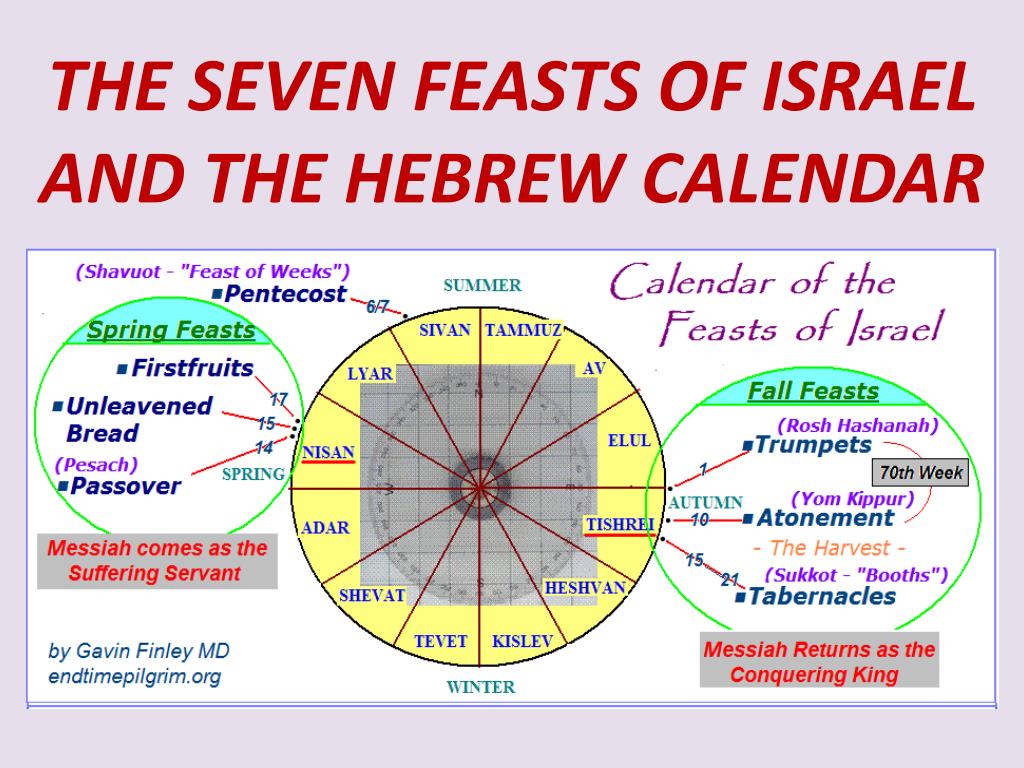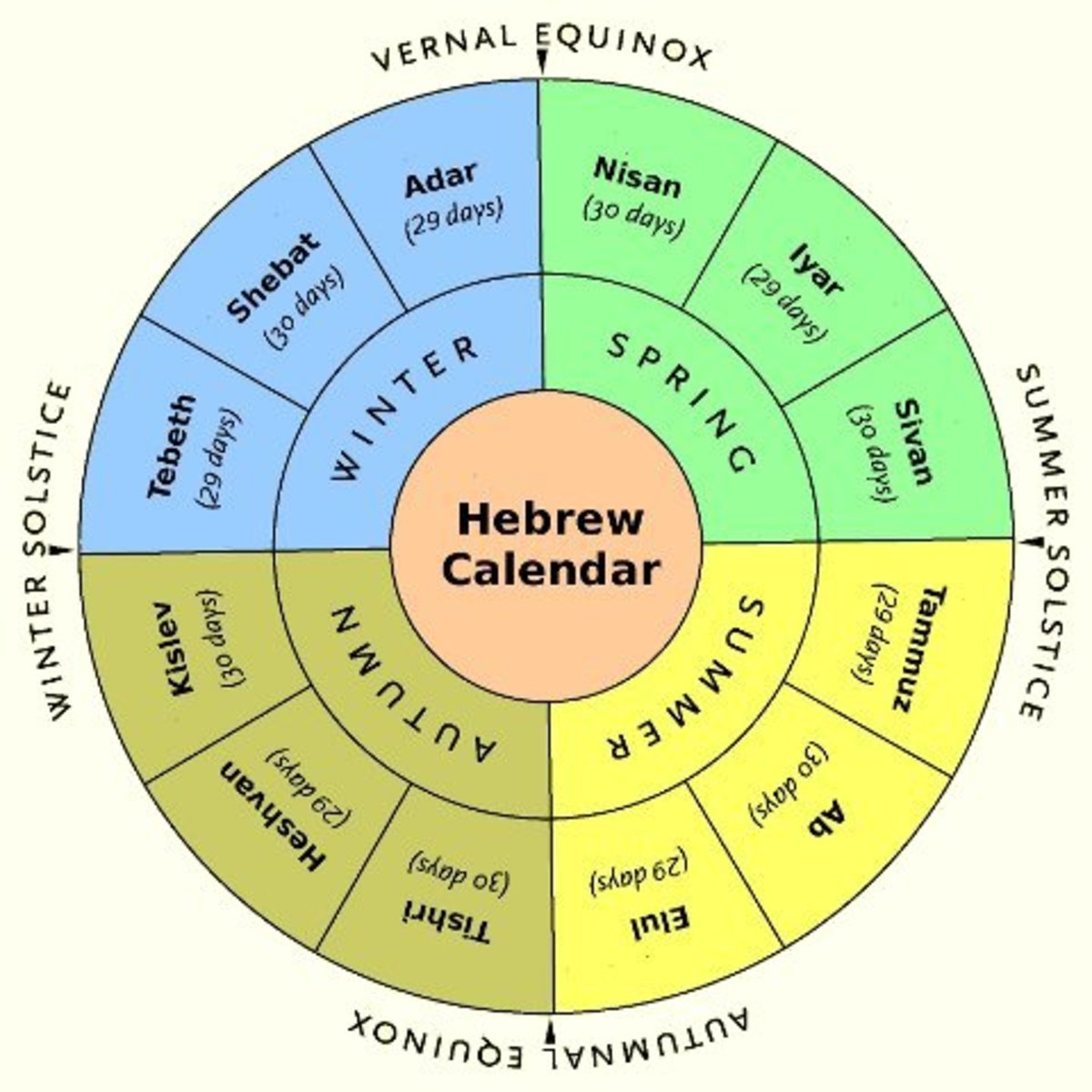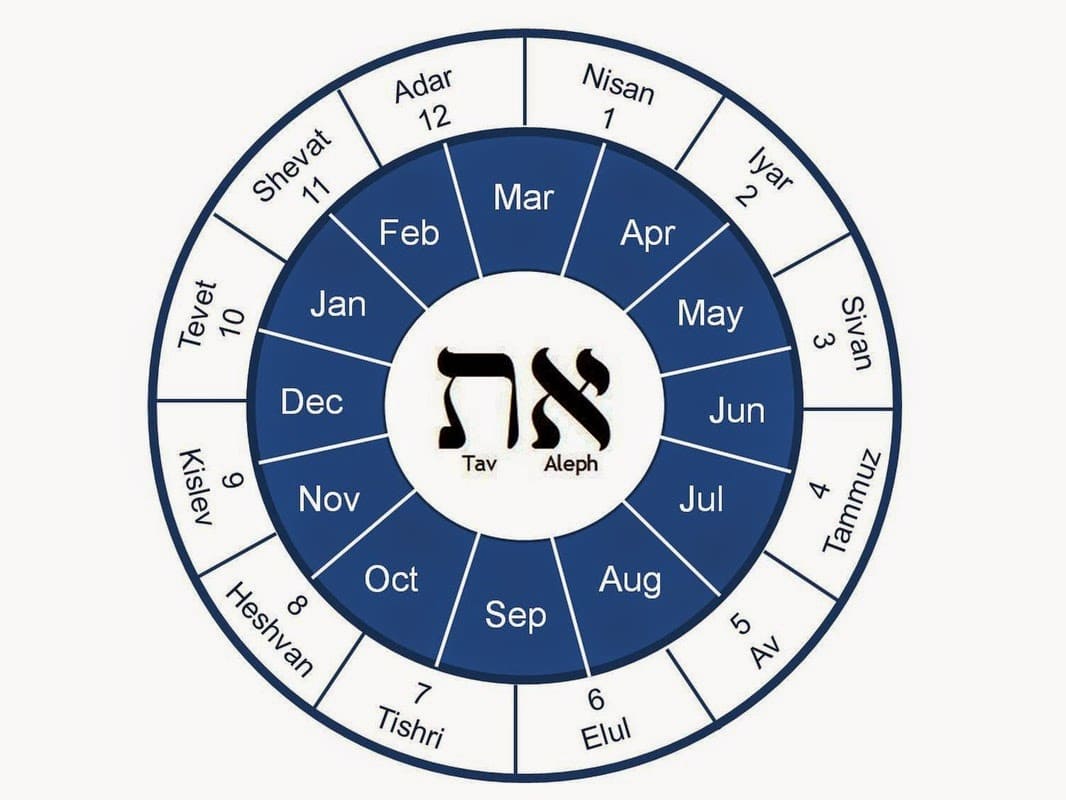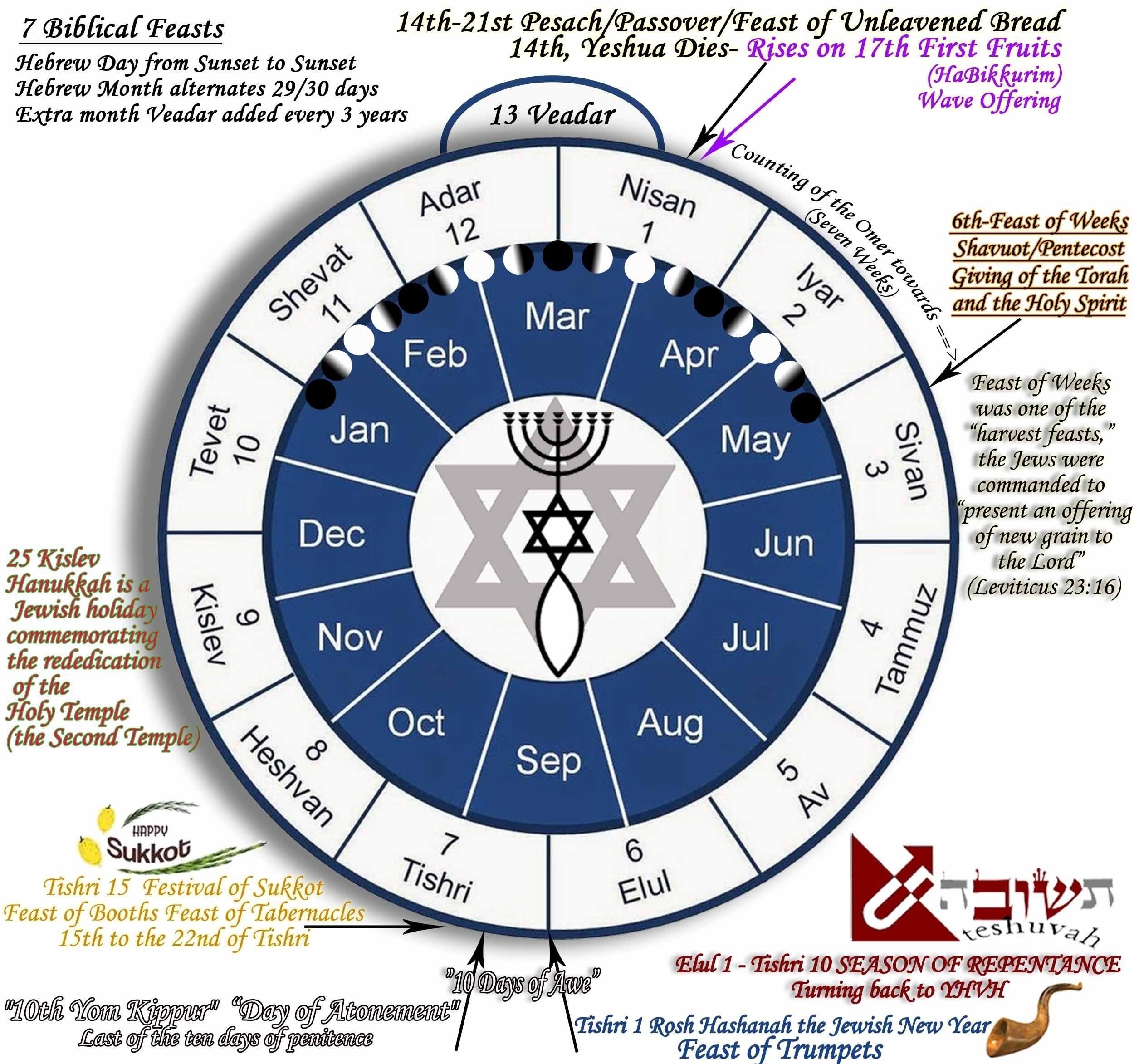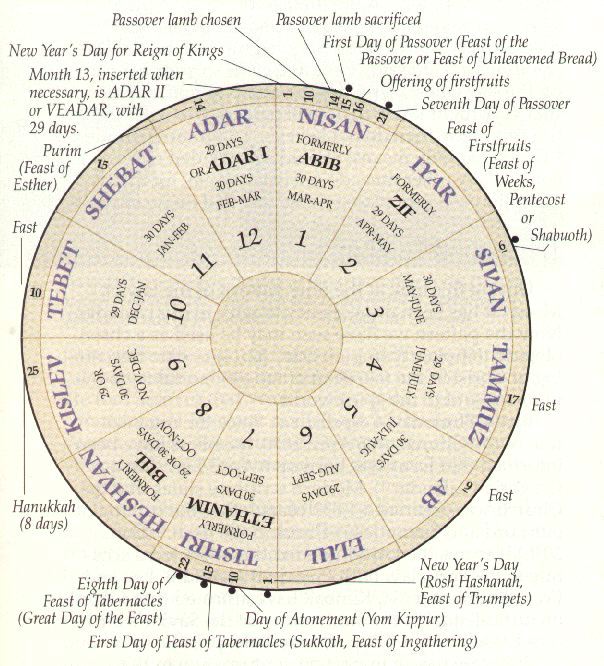Beginning Of The Jewish Calendar - Historically, sanhedrin decided when a month started and when a leap year should be added. The first month of the jewish calendar is the month of nissan, in the spring, when passover occurs. This date is determined by four rules which can postpone 1. In ancient times the appearance of the new crescent after sunset, following several moonless nights, marked the beginning of the first day of. However, the jewish new year is in. Every month is either 29 or 30 days long, beginning (and ending) on a special day known as rosh chodesh (“the head of the month”). The jewish calendar year begins with the first day of rosh hashanah (1 tishri).
This date is determined by four rules which can postpone 1. Every month is either 29 or 30 days long, beginning (and ending) on a special day known as rosh chodesh (“the head of the month”). The first month of the jewish calendar is the month of nissan, in the spring, when passover occurs. In ancient times the appearance of the new crescent after sunset, following several moonless nights, marked the beginning of the first day of. However, the jewish new year is in. Historically, sanhedrin decided when a month started and when a leap year should be added. The jewish calendar year begins with the first day of rosh hashanah (1 tishri).
The first month of the jewish calendar is the month of nissan, in the spring, when passover occurs. However, the jewish new year is in. The jewish calendar year begins with the first day of rosh hashanah (1 tishri). Every month is either 29 or 30 days long, beginning (and ending) on a special day known as rosh chodesh (“the head of the month”). In ancient times the appearance of the new crescent after sunset, following several moonless nights, marked the beginning of the first day of. Historically, sanhedrin decided when a month started and when a leap year should be added. This date is determined by four rules which can postpone 1.
First Month Of The Jewish Calendar Biddie Lizabeth
Every month is either 29 or 30 days long, beginning (and ending) on a special day known as rosh chodesh (“the head of the month”). In ancient times the appearance of the new crescent after sunset, following several moonless nights, marked the beginning of the first day of. The first month of the jewish calendar is the month of nissan,.
First Day Of Hebrew Calendar Lorie Raynell
In ancient times the appearance of the new crescent after sunset, following several moonless nights, marked the beginning of the first day of. The first month of the jewish calendar is the month of nissan, in the spring, when passover occurs. The jewish calendar year begins with the first day of rosh hashanah (1 tishri). Historically, sanhedrin decided when a.
Hebrew Calendar Dates Amazing Bible Timeline with World History
The first month of the jewish calendar is the month of nissan, in the spring, when passover occurs. The jewish calendar year begins with the first day of rosh hashanah (1 tishri). Historically, sanhedrin decided when a month started and when a leap year should be added. However, the jewish new year is in. Every month is either 29 or.
All about the Jewish Calendar
However, the jewish new year is in. The first month of the jewish calendar is the month of nissan, in the spring, when passover occurs. Every month is either 29 or 30 days long, beginning (and ending) on a special day known as rosh chodesh (“the head of the month”). In ancient times the appearance of the new crescent after.
Hebrew Calendar Day Ibbie
Historically, sanhedrin decided when a month started and when a leap year should be added. However, the jewish new year is in. In ancient times the appearance of the new crescent after sunset, following several moonless nights, marked the beginning of the first day of. The jewish calendar year begins with the first day of rosh hashanah (1 tishri). This.
How To Read The Jewish Calendar Ursa Alexine
The first month of the jewish calendar is the month of nissan, in the spring, when passover occurs. In ancient times the appearance of the new crescent after sunset, following several moonless nights, marked the beginning of the first day of. Every month is either 29 or 30 days long, beginning (and ending) on a special day known as rosh.
Printable Hebrew Calendar Gipsy Kaitlin
However, the jewish new year is in. The first month of the jewish calendar is the month of nissan, in the spring, when passover occurs. Every month is either 29 or 30 days long, beginning (and ending) on a special day known as rosh chodesh (“the head of the month”). The jewish calendar year begins with the first day of.
The Jewish Year in a Nutshell Letters to Josep
Every month is either 29 or 30 days long, beginning (and ending) on a special day known as rosh chodesh (“the head of the month”). However, the jewish new year is in. The first month of the jewish calendar is the month of nissan, in the spring, when passover occurs. This date is determined by four rules which can postpone.
Hebrew Calendar
Historically, sanhedrin decided when a month started and when a leap year should be added. In ancient times the appearance of the new crescent after sunset, following several moonless nights, marked the beginning of the first day of. The jewish calendar year begins with the first day of rosh hashanah (1 tishri). However, the jewish new year is in. This.
Jewish Months Bible knowledge, Learn hebrew, Bible teachings
The jewish calendar year begins with the first day of rosh hashanah (1 tishri). Historically, sanhedrin decided when a month started and when a leap year should be added. The first month of the jewish calendar is the month of nissan, in the spring, when passover occurs. This date is determined by four rules which can postpone 1. Every month.
However, The Jewish New Year Is In.
Historically, sanhedrin decided when a month started and when a leap year should be added. In ancient times the appearance of the new crescent after sunset, following several moonless nights, marked the beginning of the first day of. The jewish calendar year begins with the first day of rosh hashanah (1 tishri). This date is determined by four rules which can postpone 1.
Every Month Is Either 29 Or 30 Days Long, Beginning (And Ending) On A Special Day Known As Rosh Chodesh (“The Head Of The Month”).
The first month of the jewish calendar is the month of nissan, in the spring, when passover occurs.

